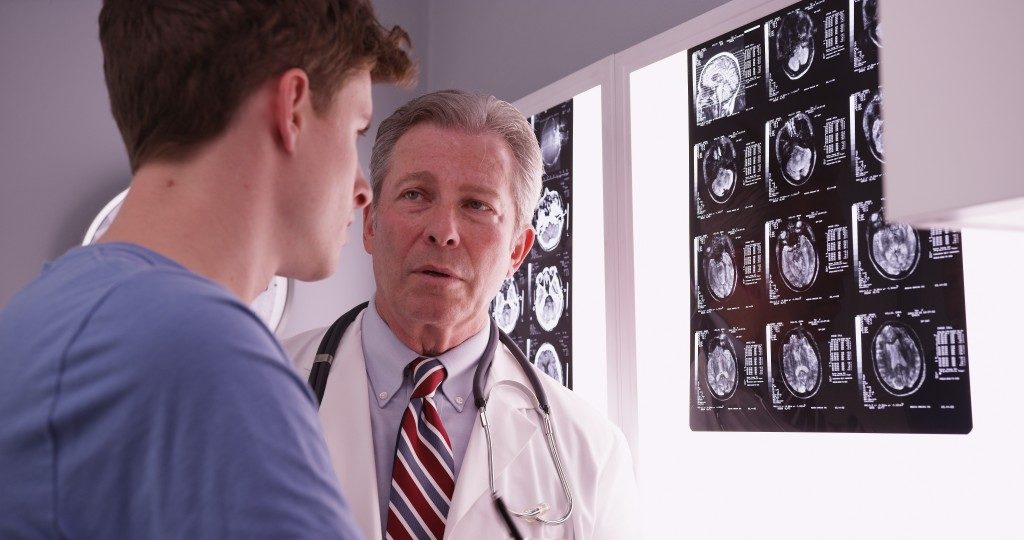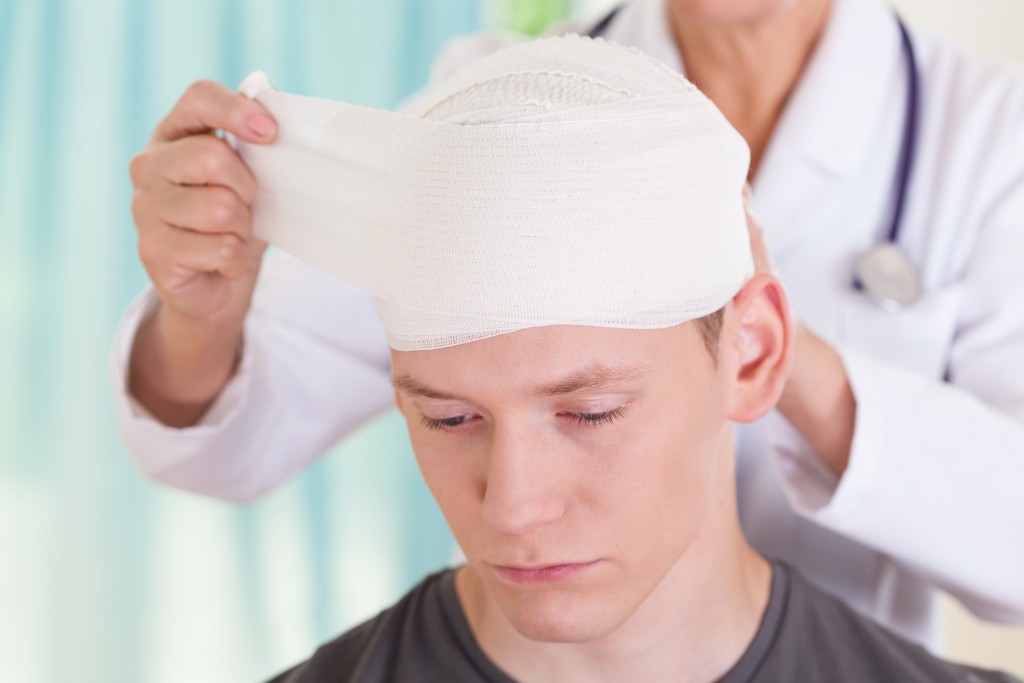For a traumatic injury that could be difficult to diagnose, as symptoms could show up right after the traumatic incident or several days or weeks after it, treatment for a concussion is actually very straightforward.
Although most individuals recover completely, how soon it occurs will depend on various factors such as the severity of the concussion, their overall health, and age, as well as how they care for themselves after the incident.
The Standard Treatment for Concussions
While treatment will differ from one individual to another, there are some tried and true things that can help decrease the length and severity of symptoms. Medication isn’t really necessary, but OTC pain relievers such as ibuprofen, paracetamol, and acetaminophen may help ease headaches.
In rare instances, some individuals might need to stay in the hospital for a night or two, and surgery is rarely necessary save for cases where severe TBI or traumatic brain injury is present. In fact, total rest is the number one and most effective treatment for concussions.
The Importance of Total Rest
The most vital step to recover quickly from a concussion is getting sufficient rest throughout the day to help heal the brain. For some individuals, this might be easier said than actually done.
However, you need to keep in mind that when you give your brain and body prolonged rest, the damage resulting from the concussion will heal faster and better.
What to Avoid During Recovery
Following a concussion, refrain from performing that’s physically and mentally taxing such as heavy house chores, exercise, weight lifting, balancing your checkbook, and just about anything that will stress you out physically or mentally.
These kinds of activities could worsen your symptoms and prolong your recovery. Following this period of total rest, you can start easing back into your daily routine, making sure that you’re always hydrated, have the energy, and are symptom-free.
It’s also vital to note that whether your concussion is from a sports-related injury or not, refrain from participating in any active sport until your doctor in Clive, Iowa, says that you’re good to go; this is something that all sport medicine specialists also agree on and recommend.
Treatment for More Serious Concussions

More serious head traumas could result in persistent symptoms and complications such as infections, brain injury, impaired consciousness, post-concussion syndrome, as well as brain clots, bleeding, and swelling. The severity of potential complications and symptoms differs greatly.
For instance, some might go away without any treatment whatsoever, while others might require more targeted treatments such as antibiotics. In addition, some individuals might require some time in the hospital and even surgery.
But just because you have milder concussion symptoms mean that you’re off the hook-you’re not. Just to be safe, watch out for danger signs such as a worsening headache that persists, slurred speech, frequent nausea or vomiting, numbness, weakness, and decreased coordination.
Go to the emergency room or your doctor as soon as possible if you’re experiencing these symptoms so you can figure out the most appropriate treatment plan for you.

